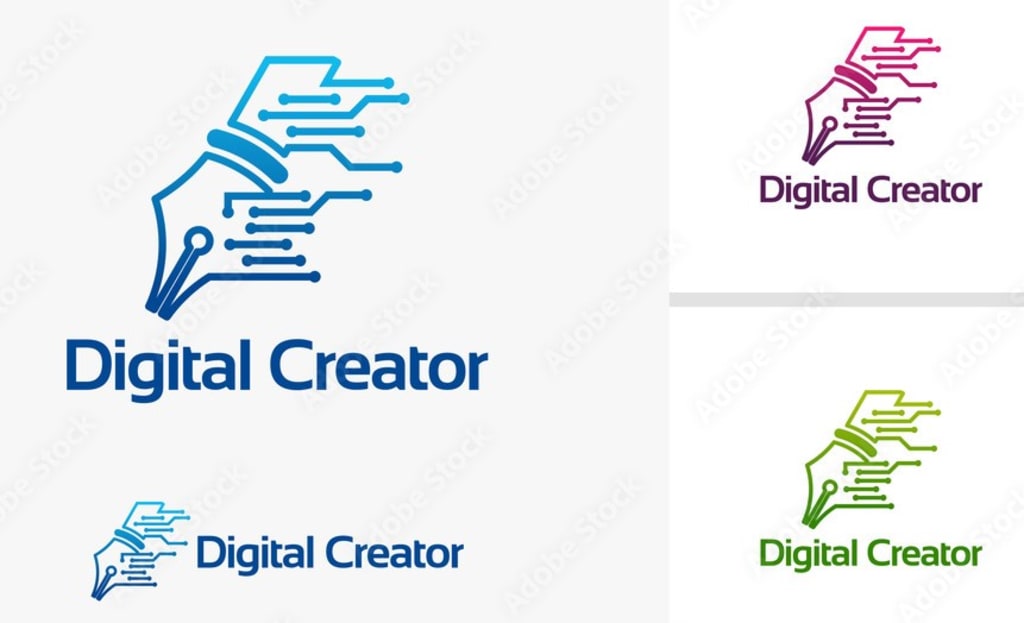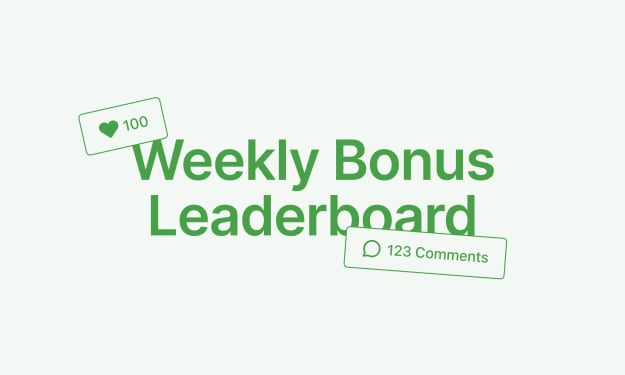"The Digital Creator's Journey"
Navigating Opportunities and Challenges in the Online World

Being a digital creator refers to someone who produces and shares creative content online using digital tools and platforms. Digital creators come from various fields such as art, photography, writing, video production, graphic design, music, animation, and more. They leverage the power of the internet to showcase their work and build an audience or community around their creations.
Here are some examples of digital creators:
YouTubers: They create and upload videos on YouTube, covering a wide range of topics, including vlogs, tutorials, comedy sketches, product reviews, and more.
Instagram Influencers: These individuals post visually appealing photos and videos on their Instagram accounts, often featuring lifestyle, fashion, beauty, travel, or food-related content.
Podcasters: They produce audio content in the form of podcasts, discussing various subjects, sharing stories, conducting interviews, and delivering educational or entertaining content.
Bloggers: Digital creators who maintain blogs, sharing their insights, experiences, and expertise on specific topics or niches.
Twitch Streamers: They broadcast live content on Twitch, primarily focused on gaming, but can also cover other content like creative arts, IRL (in real life) streams, and talk shows.
Digital Artists: These creators use digital software to produce illustrations, paintings, or designs that they share on social media or art platforms.
Writers and Authors: They self-publish digital books, short stories, or articles through platforms like Kindle Direct Publishing or blogs.
Musicians and Sound Producers: Digital creators who compose, record, and share their music online through platforms like SoundCloud or Spotify.
Graphic Designers: These individuals create digital graphics, logos, and visual content for various purposes, including social media, websites, and marketing materials.
E-learning Content Creators: They produce digital courses, tutorials, and educational content on platforms like Udemy, Coursera, or YouTube.
As a digital creator, your success depends on your creativity, consistency, ability to engage your audience, and your adaptability to ever-changing online trends and algorithms. Many digital creators have turned their passions into successful careers, earning income through ad revenue, sponsorships, merchandise sales, Patron subscriptions, or other monetization methods.
Digital creators enjoy many advantages in their online endeavors, but they also face some challenges. Let's explore the pros and cons of being a digital creator:
Pros:
Global Reach: Digital creators can reach a vast audience worldwide, overcoming geographical barriers and connecting with people from diverse backgrounds.
Low Entry Barrier: Starting as a digital creator requires minimal investment compared to traditional media. Many platforms are free to use, allowing creators to begin sharing their content without significant financial constraints.
Creative Freedom: Digital creators have the liberty to explore and experiment with various formats and styles, expressing their creativity without many restrictions.
Direct Audience Interaction: Through comments, messages, and social media, creators can directly interact with their audience, building a loyal community and receiving valuable feedback.
Monetization Opportunities: Successful digital creators can earn income through various channels, such as ad revenue, brand partnerships, merchandise sales, crowdfunding, and subscriptions.
Flexibility and Autonomy: Creators can set their schedules and work from anywhere with an internet connection, offering flexibility and independence in their creative pursuits.
Portfolio Building: Online platforms serve as digital portfolios, showcasing creators' work and attracting potential clients or collaborators.
Niche Targeting: Creators can find and cater to specific niche audiences, developing content tailored to their interests and preferences.
Cons:
Algorithm Changes: Many platforms use algorithms to determine content visibility, making it challenging for creators to maintain consistent reach and visibility as algorithms change over time.
Content Overload: With millions of creators producing content online, standing out and gaining traction can be difficult, leading to increased competition.
Income Uncertainty: While successful creators can generate substantial income, many struggle to monetize their work effectively, leading to financial uncertainty.
Burnout and Pressure: Constantly producing content and engaging with the audience can lead to burnout and mental stress for creators.
Copyright and Plagiarism: Digital creators may face copyright infringement or plagiarism issues, where their work is used without permission or credit.
Platform Dependency: Relying heavily on a specific platform can be risky, as changes in platform policies or shutdowns can significantly impact a creator's audience and income.
Time-Consuming: Creating high-quality content, managing social media, and responding to the audience can be time-consuming, leaving less time for other aspects of life.
Trolls and Online Harassment: Digital creators are vulnerable to online harassment and negative comments from trolls, affecting their mental well-being.
Overall, being a digital creator can be a rewarding and fulfilling experience, but it requires dedication, resilience, and adaptability to navigate the challenges and stay relevant in the ever-evolving digital landscape.





Comments
There are no comments for this story
Be the first to respond and start the conversation.